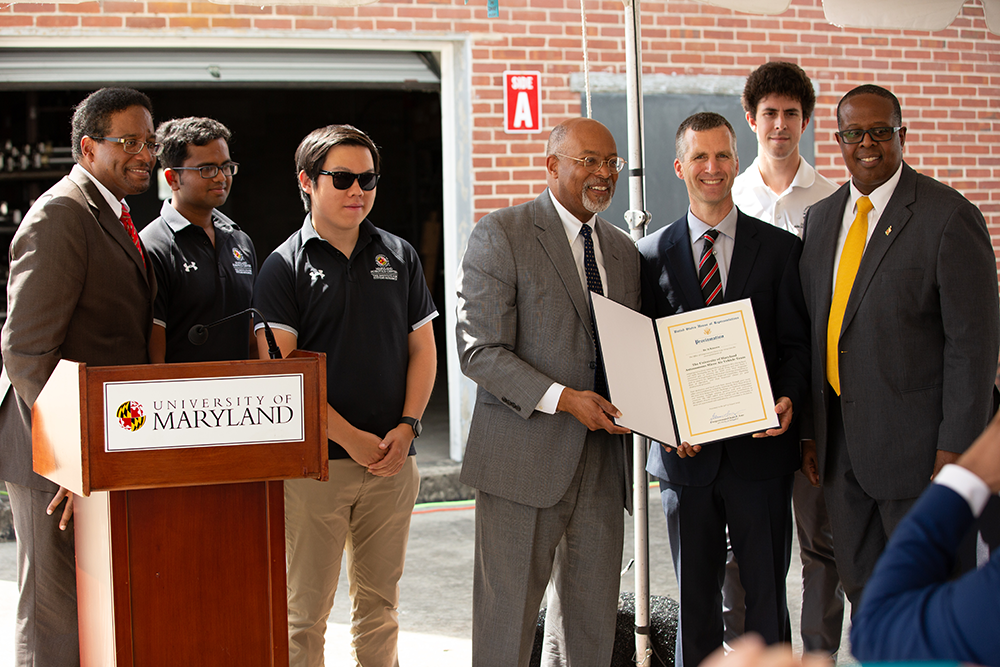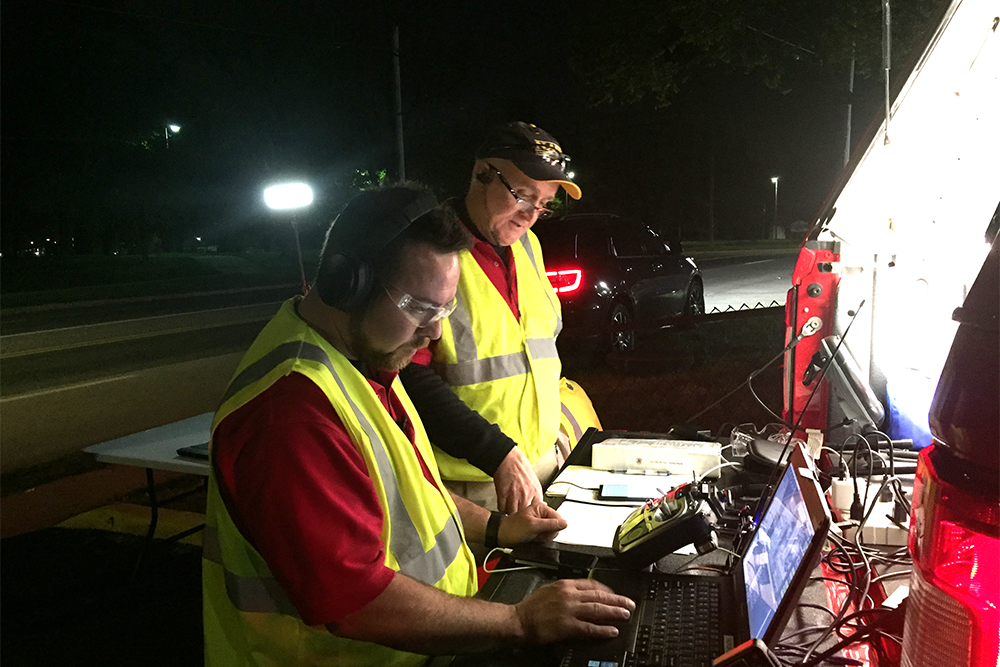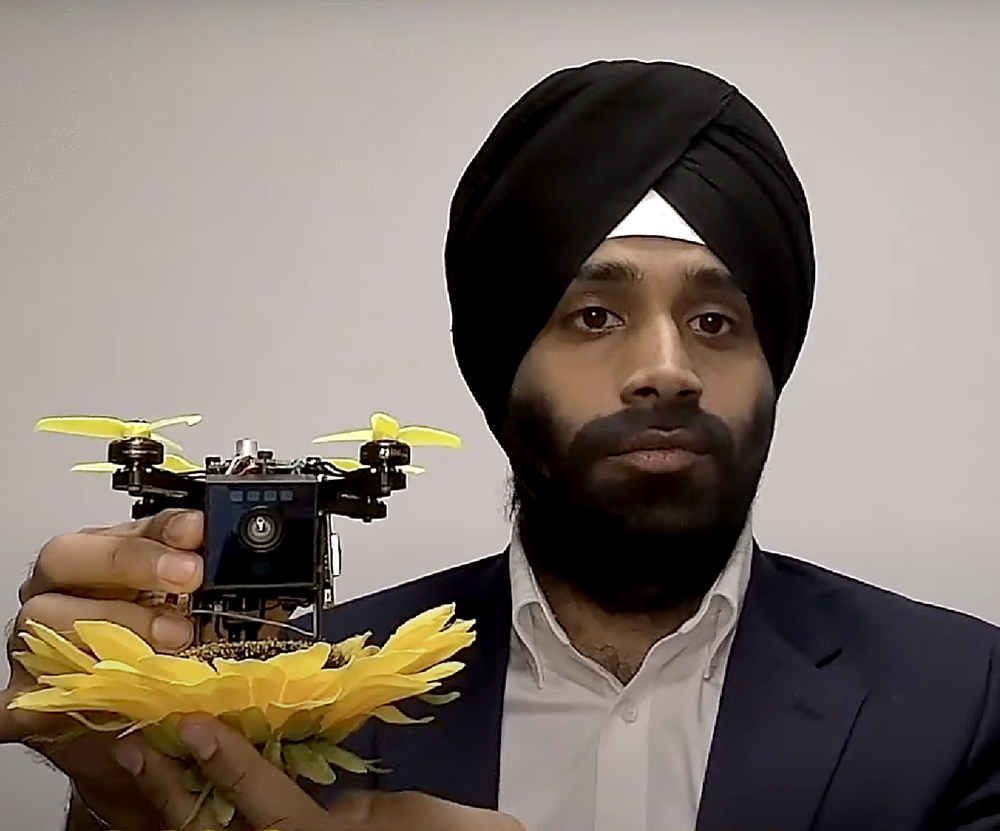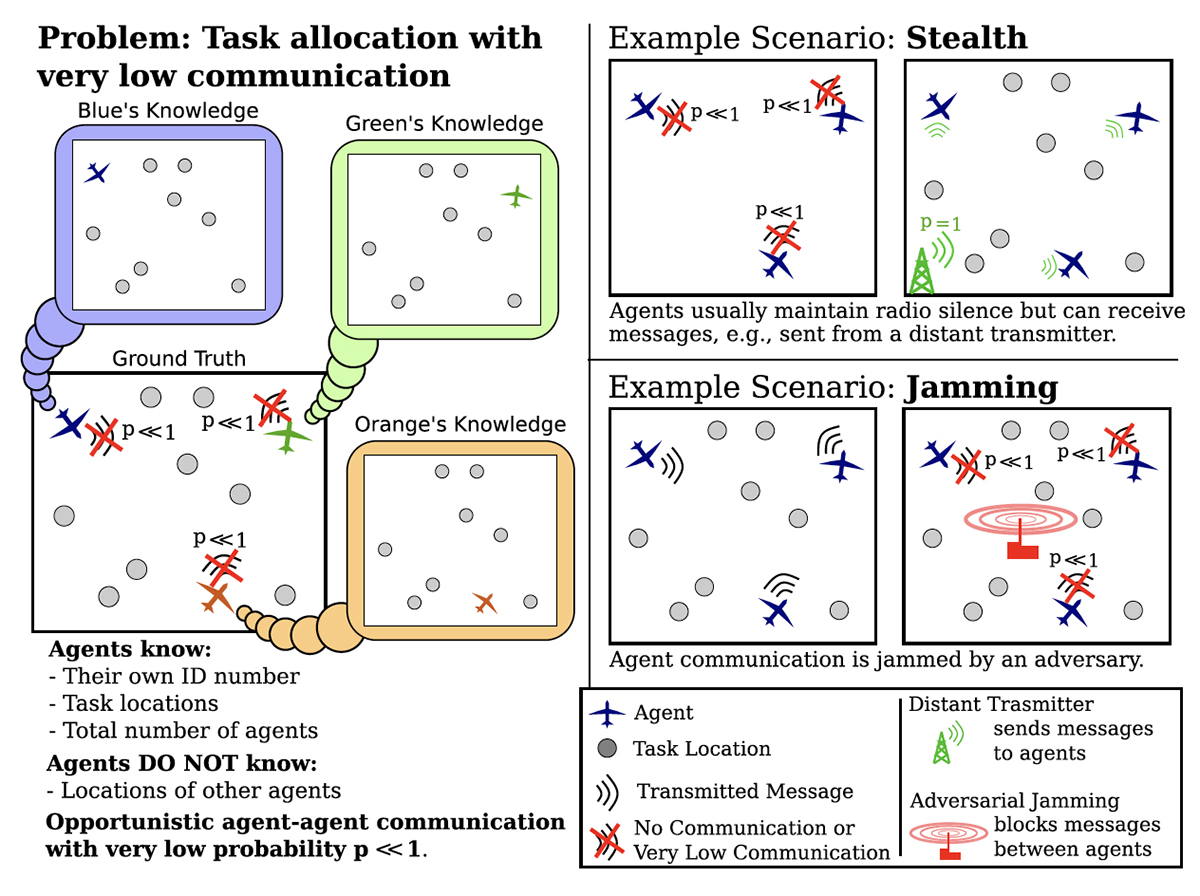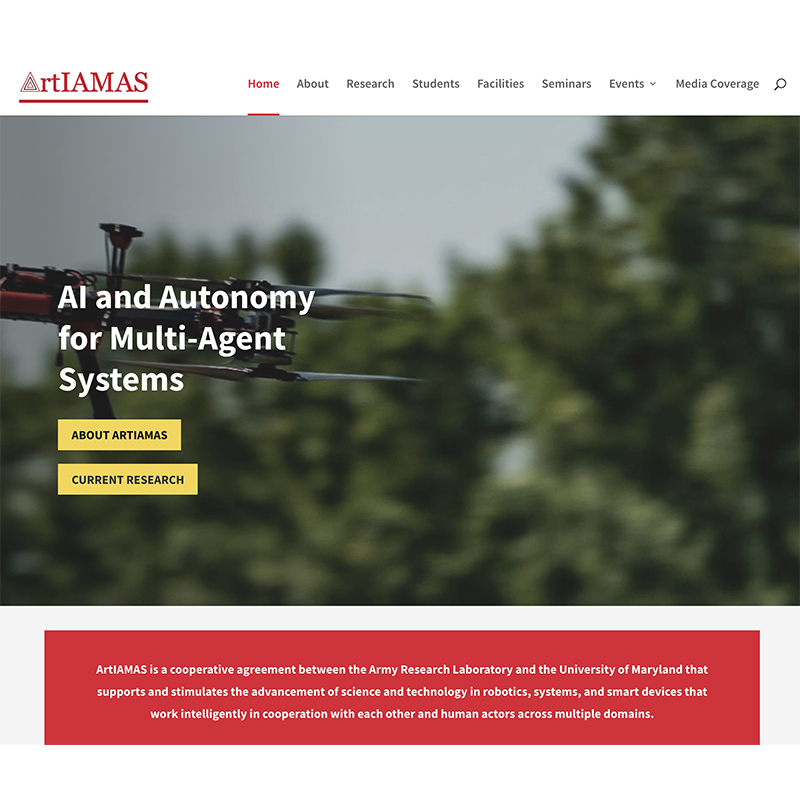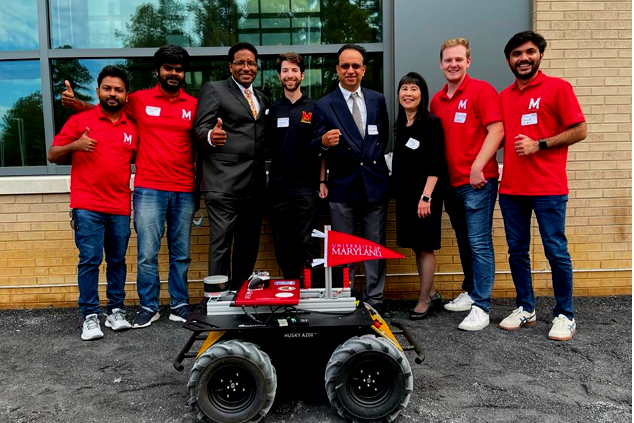News Story
UROC Spearheads Medical Delivery Pilot Program
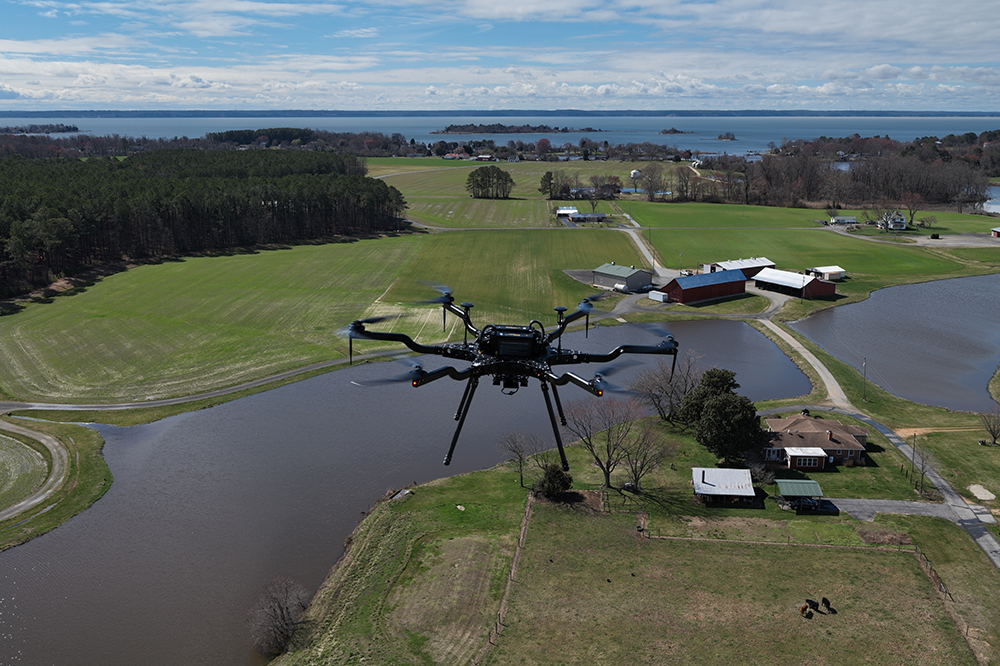
A $1.76 million federal grant announced by Maryland Governor Wes Moore on Oct. 8 will support a pilot program in which drones are used to conduct medical deliveries to Eastern Shore communities hindered by transportation barriers.
The University of Maryland’s (UMD) UAS Research and Operations Center (UROC) will manage the project and lead the technical effort under the guidance of Maryland’s Department of Planning, the grant recipient.
"All Marylanders deserve equitable access to health care and health care resources," Moore said as he announced the pilot. "This funding will strengthen our capacity to support our rural communities and presents an important opportunity to learn more about how enhanced technology can be deployed to serve those in need."
Working with a commercial drone company, UROC will oversee flights between Crisfield, located just off the Chesapeake Bay at the southern end of the Eastern Shore, and Smith Island, which can only be accessed by boat. Deliveries will be coordinated with the help of TidalHealth, a health care provider based in the lower Eastern Shore.
University of Maryland Eastern Shore, home to aviation science and pharmacy programs, is also part of the grant.
UROC has a long and storied track record when it comes to using uncrewed aircraft systems (UAS) for medical deliveries. In 2016, engineers from the facility—then known as the UMD UAS Test Site—demonstrated the feasibility of the idea by transporting saline solution, used to simulate vials of Epinephrine, from the shores of Flag Ponds Nature Park across the Chesapeake to Cambridge, Md.
Only three years later, the UMD team made history by conducting the first-ever drone delivery of a live organ for transplant, a feat that has spurred continued progress in this area.
"UROC looks forward to using drones to improve health outcomes," said UROC Director John Slaughter. "By pioneering the use of UAS for medical deliveries in Maryland, we will set the stage for broad adoption not only within our state but across state lines. The technology is here today, and the opportunity to scale it up is awaiting new federal rules that will come into existence in the next year and a half. We aim to help Maryland prepare for that day."
The Department of Planning is "excited to partner on this project to advance the use of technology to support rural communities in need where access to critical services is limited," Maryland Planning Secretary Rebecca Flora said.
"This project will not only advance new innovative approaches to providing support for ongoing needs, it will also advance how these technologies may be used in resiliency planning and reaching hard-to-reach places after disaster recovery," Flora said.
The U.S. Department of Transportation allocated funds for the initiative under its Strengthening Mobility and Revolutionizing Transportation grant program, which funds a variety of state, local, and tribal projects aimed at enhancing transportation efficiency and safety.
In the Media
"UMD Pilot Program Will Deliver Medicine to Smith Islanders by Drone," Chesapeake Bay Magazine, Oct. 8, 2024
"UMD Drone Pilot Program to Explore Potentially Lifesaving Medical Drops on Smith Island," WBAL, Nov. 13, 2024
"Maryland Will Test Drone Delivery of Prescription Drugs to Smith Island," WYPR, Nov. 25, 2024
Published October 23, 2024
